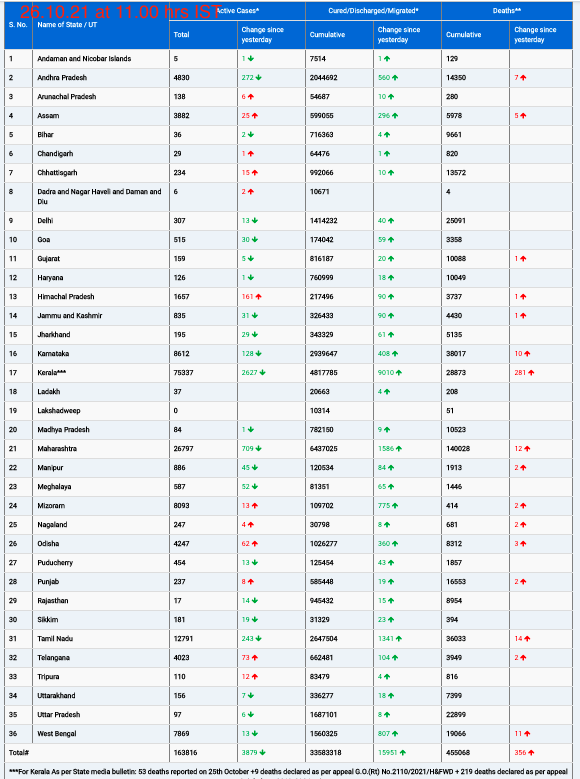Date: February 1, 2024
In a rare and significant complication associated with cancer, researchers from the University of Utah Health have uncovered a potential mechanism behind the immune system’s assault on the brain, resulting in rapid-onset memory loss and cognitive impairment. Published in the journal Cell, the study sheds light on the development of anti-Ma2 paraneoplastic neurological syndrome, a disease marked by an aggressive immune response against brain cells.
Jason Shepherd, Ph.D., associate professor of neurobiology at the University of Utah Health and the last author of the study, explains that the rapid escalation of symptoms, including memory changes, behavioral alterations, loss of coordination, and seizures, characterizes this neurological syndrome. This phenomenon occurs in less than one in 10,000 people with cancer.
The researchers identified a protein, PNMA2, produced by some cancers that resembles a virus, triggering an uncontrolled immune response that can harm brain cells. The swift onset of symptoms before cancer diagnosis makes this syndrome particularly challenging for both patients and healthcare providers.
Dr. Stacey L. Clardy, a neurologist at U of U Health and a coauthor on the study, highlights that most patients start experiencing these unusual neurological symptoms before they are aware of their cancer diagnosis.
The immune system, mistakenly identifying PNMA2 as a foreign invader, launches an attack. The virus-like structure of PNMA2 makes it a target for the immune system. The location of PNMA2 in the brain adds a layer of complexity; while normally expressed only in the brain, cancer cells can produce it, triggering an immune response.
The immune system’s reaction doesn’t stop at attacking PNMA2 produced by cancer cells; it also targets normal brain cells responsible for producing PNMA2, affecting regions crucial for memory, learning, and movement. The weakened barrier in the brain due to cancer leaves it especially susceptible to this immune onslaught.
Junjie Xu, the lead author on the study, used advanced microscopy to examine PNMA2’s structure. The protein self-organized into virus-like complexes, resembling the geometric protein shells of some viruses. This virus-like structure makes PNMA2 particularly prone to immune targeting.
The researchers aim to further understand which aspect of the immune response contributes to patients’ rapid cognitive decline. Dr. Shepherd believes that identifying the culprit, such as PNMA2 antibodies, could pave the way for targeted treatments to alleviate neurological symptoms.
Dr. Neli Ulrich, executive director of the Comprehensive Cancer Center at Huntsman Cancer Institute, emphasizes the impact of this research on cancer patients and those experiencing neurological symptoms. The study’s findings underline how tumor cells can manipulate their environment.
While the study provides crucial insights, additional research is needed to determine causal factors and develop effective treatments for this rare but debilitating syndrome.
Note: This article is based on ongoing research, and further studies are required to establish a comprehensive understanding of the mechanisms involved.











